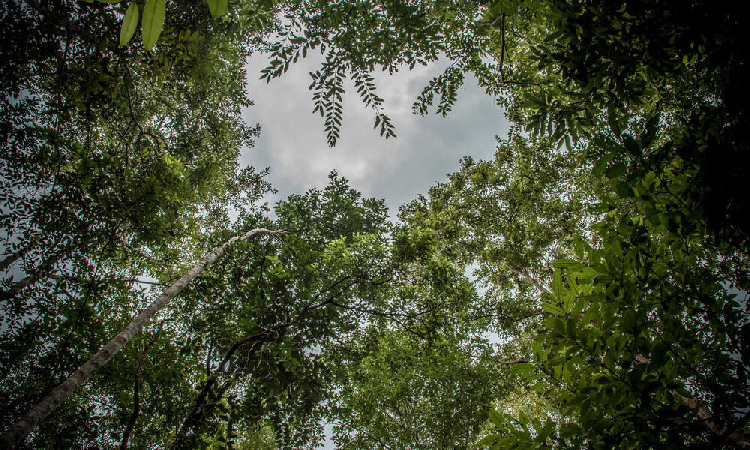NAMIBIA has submitted a plan for a five-year project on livestock value chains and rangeland restoration and conservation to the Green Climate Fund, Meatco’s chief operating officer recently announced.
Kuniberth Shamathe said the concept note for the project was prepared in consultation with a consortium of stakeholders led by the Ministry of Agriculture, Water and Land Reform.
He said while waiting for the GCF’s approval, the consortium is currently working towards finalising the final project proposal.
The GCF was established under the United Nations (UN) Framework Convention on Climate Change (UNFCCC), and provides projects aimed at addressing climate change through adaptation and mitigation measures.
Shamathe said once the concept note has been given the green light by the GCF, they will submit their final project proposal.
“The draft project proposal is done, and we are now working towards finalising the proposal, on the belief that our concept note is good enough to be accepted,” Shamathe said.
He said Covid-19 had an impact on the proposed project, as some regional consultations could not be conducted due to travel restrictions.
In April this year, information on what the project would entail was presented at a one-day regional consultation workshop at Gobabis.
If approved, the proposed project, called the ‘Integrated Change-Resilient Community-Based Rangeland and Livestock Value Chain’, would be implemented in the Omaheke, Kunene, Hardap and Kavango East regions.
The consortium proposing the project comprises the Ministry of Agriculture, Water and Land Reform, Meatco Foundation, Agribusdev, the UN’s Food and Agriculture Organisation (FAO), regional councils, the University of Namibia, co-operatives, regional farmer unions, and traditional authorities.
The aim of the Gobabis workshop was to enlighten stakeholders in the Omaheke region on the project, and to solicit inputs to feed into the final proposal for submission to the GCF for funding with the support of the Ministry of Environment, Forestry and Tourism.
Shamathe said the project is mainly driven by climate change in Namibia.
He said the project would have three components:
The first entails capacity building through knowledge transfer and support on fodder production, community-based feedlots and manure management.
The second component involves adaptive livestock management and disease control practices, including manure management and biogas production.
The third component involves the climate-resilient livestock value chain, which would entail developing farming methods, linking farmers to financial institutions and abattoirs, and developing local and international markets for livestock meat products.
Ben Haraseb, the deputy director in the Directorate of Agricultural Production, Extension and Engineering in the Ministry of Agriculture, Water and Land Reform, said something must be done on climate change in Namibia.
He said it was decided that an initiative that would build resilience in the livestock value chain, rangeland restoration and conservation should be pursued.
Stay informed with The Namibian – your source for credible journalism. Get in-depth reporting and opinions for
only N$85 a month. Invest in journalism, invest in democracy –
Subscribe Now!







